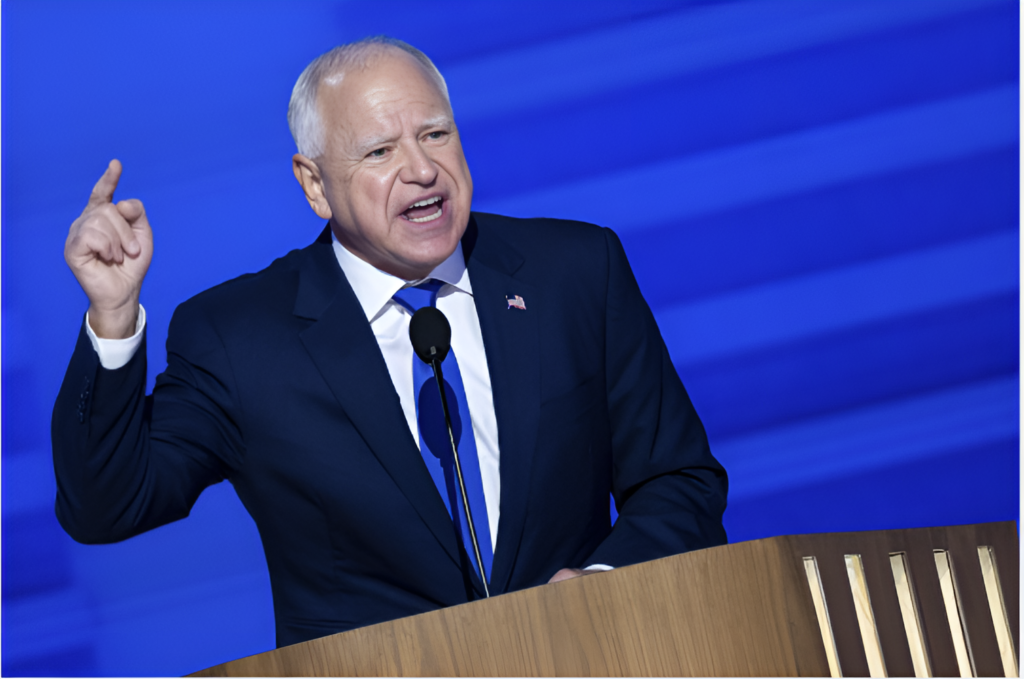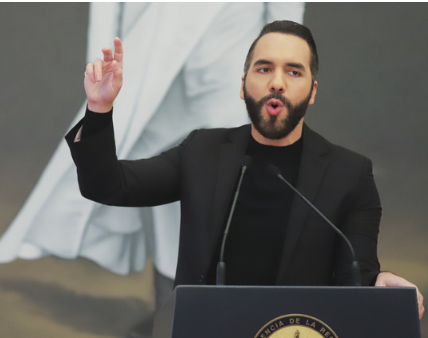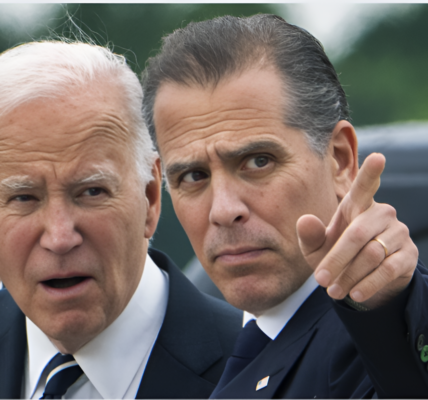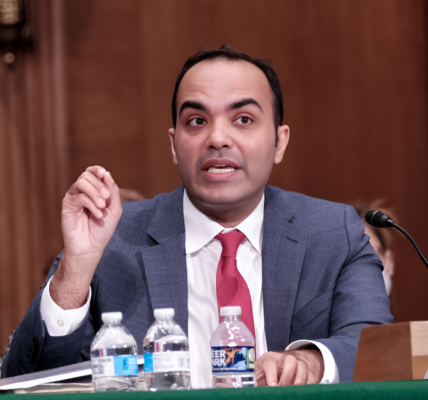
Minnesota Governor Tim Walz is not the same politician he was a decade ago—or even four years ago. On a Wednesday evening not long ago, the man who began his political career as a centrist with an affable, everyman demeanor stepped into the national spotlight as a progressive firebrand. For Democrats, he’s become a rallying figure: a flannel-wearing, plain-talking warrior from the heartland who knows how to land a punch and draw applause.
It’s a long way from where he started, and that journey offers lessons about the shifting nature of modern politics.
A Political Evolution
Back in the summer of 2020, Walz was a different kind of leader, navigating the pandemic and the nationwide upheaval following George Floyd’s murder in Minneapolis. During an outdoor interview on the governor’s residence patio, Walz revealed a candid insight into his political personality. His wife, Gwen Walz, had often cautioned him: “Don’t let them mistake your kindness for weakness.” At the time, Walz still clung to a vision of bipartisan bridge-building and centrist compromise.
Fast forward to 2024, and Walz has clearly embraced a more combative stance. As the Democratic vice presidential nominee, he’s traded in his reputation as a stolid, sensible figure for that of a performer and pugilist—a progressive champion unafraid to speak in bold, emotional terms.
The Forces Shaping Walz
Walz’s shift reflects broader political and cultural changes in Minnesota and beyond. The state once prided itself on a civic culture rooted in Scandinavian immigrant values—clean governance, order, and public-mindedness. But those regional distinctions have faded under the weight of national polarization.
As Minnesota politics became more partisan, so too did Walz. His policies and rhetoric now align unapologetically with progressive ideals: defending abortion rights, advocating for gun control, and expanding the social safety net. Yet his delivery remains grounded in a neighborly, relatable tone that resonates with voters.
His approach to gun control is a case in point. “Look, I know guns. I’m a veteran. I’m a hunter. And I was a better shot than most Republicans in Congress, and I’ve got the trophies to prove it,” Walz declared recently. “But I’m also a dad. I believe in the Second Amendment, but I also believe our first responsibility is to keep our kids safe.”
On reproductive rights, Walz frames the issue in terms of mutual respect. “In Minnesota, we respect our neighbors and the personal choices they make,” he said. “Even if we wouldn’t make those same choices for ourselves, we’ve got a golden rule: Mind your own damn business.”
Lessons from Minnesota’s Political Icons
Walz’s transformation is not without precedent. He follows in the footsteps of Paul Wellstone, the late Minnesota senator who used charisma and personality to transition from radical activist to statewide progressive leader.
Wellstone, a Carleton College professor who once taught Saul Alinsky’s Rules for Radicals, was elected to the Senate in 1990 on the strength of his energetic campaign and quirky, heartfelt ads. Despite his leftist leanings, he connected with voters through his authenticity and small-town charm. By the time of his tragic death in 2002, Wellstone had built a legacy as both a principled progressive and a beloved Minnesotan politician.
Walz, too, has drawn on the power of personality to smooth his political evolution. His roots as a centrist from conservative Mankato have not been entirely abandoned; rather, they serve as a foundation for his current role as a national progressive voice.
The Road Ahead
Walz’s trajectory is now tied to Vice President Kamala Harris, who tapped him as her running mate for his ability to articulate Democratic values in plainspoken, relatable terms. He hopes to follow the path of another Minnesotan, Hubert Humphrey, who became Lyndon B. Johnson’s vice president 60 years ago.
For Walz, the stakes are high. The roaring reception he received during his recent speech shows that Democrats are hungry for a political innovator—someone who can energize the base while reaching across ideological divides.
As Walz’s story demonstrates, modern politics is as much about personality as policy. From his days as a bipartisan bridge-builder to his current role as a progressive cheerleader, Walz has shown that adaptation is not just possible—it’s essential.





